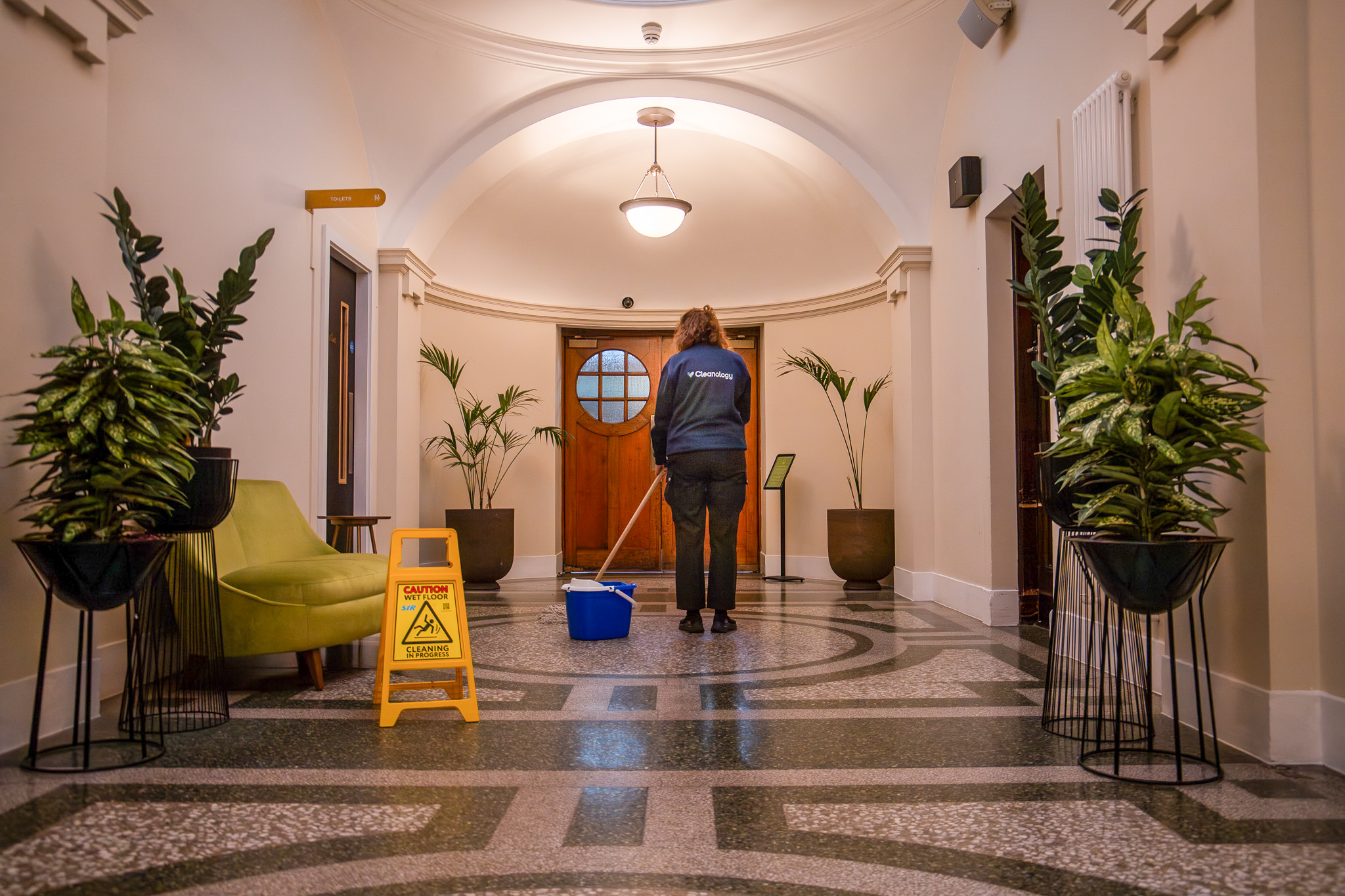Food hygiene laws and the importance of good standards for the hospitality industry

Food Hygiene Laws, Certificates and Ratings: The Importance of Good Standards in the Hospitality Industry
The British public has a keen palate for foods from around the World and this is evident from the vast offer of cafes, restaurants and pubs found countrywide, providing an array of delicacies. The hospitality industry in the UK is thriving, with restaurants, pubs, cafes and bars all competing to provide customers with the best possible experience.
One of the key factors that can make or break a hospitality business is food hygiene. Poor food hygiene standards can have serious consequences, including food poisoning outbreaks, legal fines, and reputational damage. However, a strong food hygiene rating, qualified staff with food hygiene certificates, and investment in food hygiene courses can give businesses a competitive edge.
In this blog post, we will explore food hygiene laws, explain what a food hygiene rating is, and explain how certified food hygiene training courses can help maintain the highest standards in hospitality.
What is a Food Hygiene Rating?
The food hygiene rating is a score given primarily to hospitality businesses after a hygiene inspection by a local authority. The decision on the score is based on guidance from the Food Standards Agency (FSA). Food hygiene ratings in the UK range from 0 (urgent improvements required) to 5 (excellent standards). This hygiene rating system helps catalyse consumers' decisions while also rewarding businesses that prioritise food safety.
Food hygiene ratings are influenced by the following:
- Cleanliness and layout of the business
- Handling of food practices
- Food storage and preparation
- Staff food hygiene knowledge and training
Hospitality businesses with high food hygiene scores display it proudly. In contrast, those awarded a lower score may witness a loss in popularity or even their business if practices are not improved.
Understanding Food Hygiene Laws in the UK
The UK has strict laws in place to ensure that food is safe for consumption. The Food Standards Agency (FSA) is responsible for setting and enforcing these laws. All food businesses in the UK, including restaurants, cafes and pubs, must comply with the food hygiene regulations.
The pertinent legislation for food safety in the UK is:
The Food Safety Act of 1990, which stipulates that businesses:
- Must not treat food in any way that may cause it to be dangerous to health.
- Must not sell food that is not what the customer is entitled to expect in terms of content or quality.
- Must not describe or present food in a way that is false or misleading.
The legislation surrounding good food hygiene practices is covered in:
- The Food Safety and Hygiene (England) Regulations 2013;
- The Food Hygiene (Scotland) Regulations 2006 (as amended);
- The Food Hygiene (Wales) Regulations 2006; and
- The Food Hygiene Regulations (Northern Ireland) 2006.
This literature stipulates the procedures and regulations to be followed by businesses in the area of food safety, based on Hazard Analysis and Critical Control Point (HACCP) procedures.
Why Food Hygiene Certificates and Courses Matter
The hospitality industry relies on customers having a positive experience. This means not only providing excellent food and service but also ensuring that the premises and staff are clean and hygienic. Failure to maintain high hygiene standards can lead to serious consequences for both customers and businesses.
For a hospitality business to run, staff must be properly trained in food hygiene to meet legal requirements and protect customers' safety.
Food hygiene training is typically done through a series of courses. These hygiene courses award a food hygiene certificate upon completion. These certificates are required to prove that staff understand the following:
- Safe cooking
- Food storage temperatures
- Cross-contamination risks
- Cleaning standards and protocols
- Importance of personal hygiene when dealing with food
Food hygiene training is available at Levels 1, 2, and 3, depending on an employee's responsibilities.
Investing in staff training will help demonstrate best practices for your business and can help boost your food hygiene rating.
The Consequences of Poor Food Hygiene in Restaurants
According to the FSA’s 2022 report, the UK sees over 2.4 million food poisoning cases yearly, many of which are linked to restaurants.
The most common causes of food poisoning in restaurants are:
- Cross-contamination (the transfer of bacteria between food items)
- Poor personal hygiene of staff
- Failure to store food correctly
- Failure to cook food thoroughly
The impact of food poisoning outbreaks on customers can be severe, with symptoms including vomiting, diarrhoea, stomach cramps and fever. In severe cases, hospitalisation may be necessary. For businesses, the impact can be even more dramatic.
Customers affected by food poisoning may experience many symptoms like vomiting, fever and dehydration. However, in more severe cases, hospitalisation can occur, which can be catastrophic for hospitality businesses.
Reputational Damage from Low Food Hygiene Ratings
Today’s consumers express their opinions heavily on the internet through online reviews and food hygiene scores to decide where to eat. A business with a low food hygiene rating can quickly become viral and cause significant revenue loss in a short amount of time as well as damage brand reputation.
On the other hand, restaurants and hospitality businesses with 5-star hygiene ratings can boost trust and customer relationships.
Benefits of Good Food Hygiene Standards in Hospitality
High hygiene standards bring various benefits to businesses in the hospitality sector. The biggest benefits include:
- A greater food hygiene rating
- Positive customer feedback
- Increased staff confidence
- Fewer complaints
How Cleanology Helps Maintain Food Hygiene Standards
As a professional cleaning company, we understand the importance of maintaining impeccable hygiene standards. Cleanology’s team of highly trained office and commercial cleaners can assist restaurants and hospitality businesses across the UK in maintaining a spotless working environment that aligns with FSA guidelines. Whatever the scale of the job, our professional cleaners will ensure that every cleaning task is approached with care and passion. For more information on restaurant cleaning services near you, contact our friendly team on 0330 2020 355. We are always happy to be of service.


.avif)